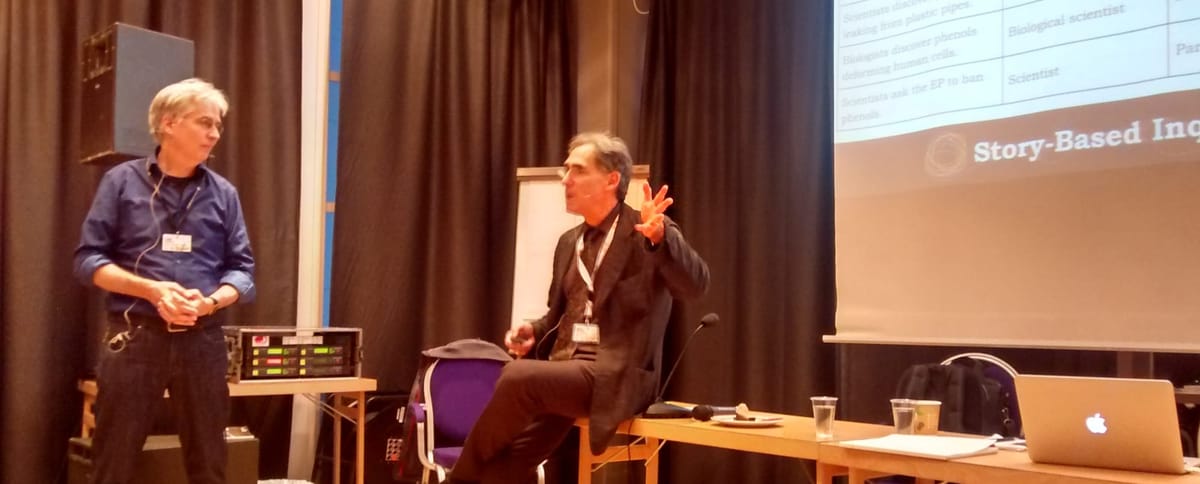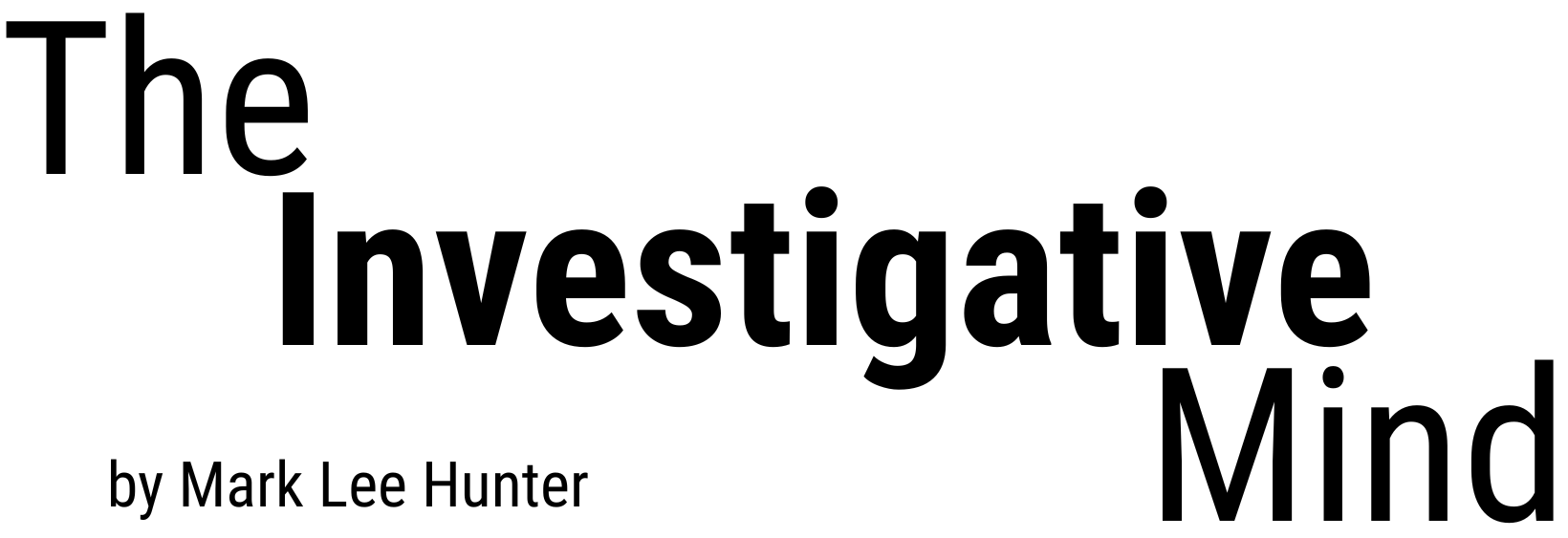About this site

Why I’m exploring the investigative mind, and how you can be involved
I’ve always tried to be guided by the question: What needs doing? It made for a successful career in and with investigative journalism, which I’ve loved since the Watergate affair began in 1972. What needs doing now, that I can contribute to (and you too, if you wish), is to explore how investigative reporting is evolving – not only the methods, but also the environments and mindsets that make the work possible.
I made my global reputation with a manual of investigative methods called Story-Based Inquiry in 2009. That book placed hypotheses at the center of investigative reporting, building on the discoveries of Philip Meyer, James Steele and Donald Barlett. Since it was published, pioneers of new research techniques – especially digital technologies – have greatly expanded the power of investigative journalism. Our work is becoming at once more comprehensive and more precise.
In this space I’ll try to understand how an investigator sees the world, and enters the world of others, and builds a world. I used to take those tasks for granted. I thought everyone undertook them, in one way or another. Perhaps at some level everyone does; that doesn’t mean they do it well, or that the world is a better place because they do. For me, investigation is about making the world better tomorrow than it is today.
Part of the investigative mindset, and what distinguishes it from yellow, partisan or activist journalism, is that an investigator’s ethics require accepting facts that they don’t like. The same ethics require asking oneself, at every step in an investigation: “Am I wrong?” It’s a dreadful question, and for honest journalists, it never goes away.
There’s another question that I learned from my friends at the Tokyo Investigative Newsroom (Tansa): Are we standing with the victims? When we forget to do that, whatever the facts we have gathered, we are telling the wrong story.
If you have something to say about investigative journalism, and for some reason besides its intrinsic quality you can’t find a place to publish it, send it here, and we’ll take a look. I will also use this space to republish the best of my own – alas, somewhat obscure in many cases – writing on investigative journalism over the years.
Access to this space will be free for the foreseeable future – but you do have the opportunity to subscribe, and I wish you would, because I’ve incurred significant expenses to do the work you’ll find here today. Any sums over my expenses will be donated to other organizations working toward the same goals.
Welcome, and I hope you’ll stick around to watch this project grow.
Subscribe
By signing up, you'll get access to the full archive of everything that's still to come, and every new post will be delivered straight to your inbox as soon as it is out.
